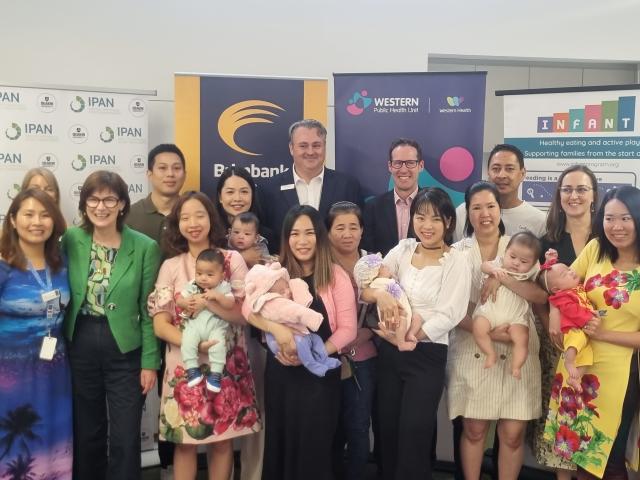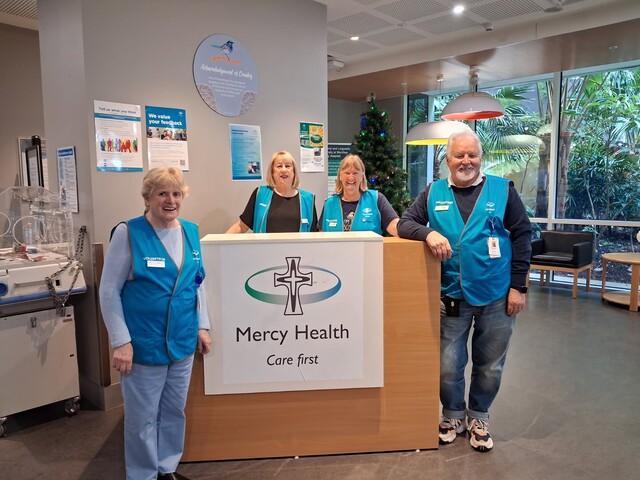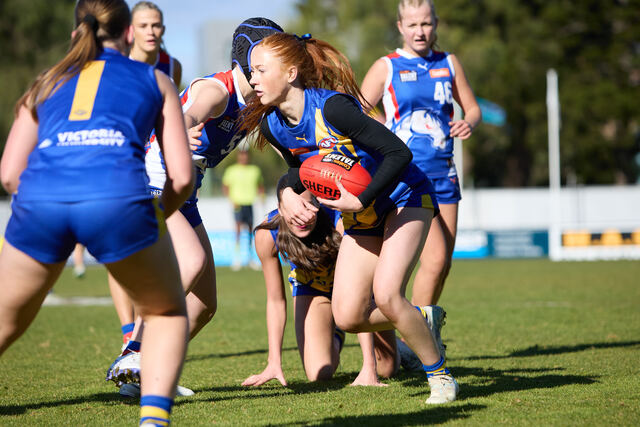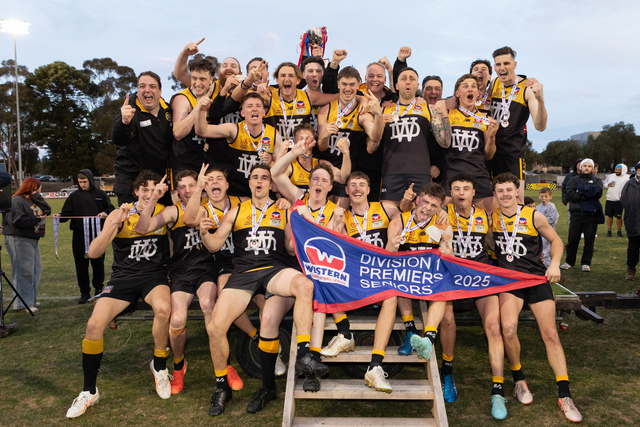Being a first time parent can be difficult enough without the resources, advice and support services needed to navigate life with a newborn, being in a different language.
Despite Melbourne being one of the most multicultural cities on earth, the language barrier has long been a problem for new parents from non-English speaking backgrounds, especially in the western suburbs.
But a new program launched in Sunshine on Thursday is designed to change that.
Developed by Deakin University’s evidenced-based infant feeding, active play and nutrition (INFANT) program in partnership with the state government, Western Health and local families, a suite of 72 new in-language resources designed specifically for culturally and linguistically diverse families are now available across Victoria.
Health Minister Mary-Anne Thomas launched the program at the Alexandra Avenue Children’s Centre in Sunshine West and said all parents should have easy access to support and advice for their newborn.
“As a parent you want trusted information that’s easy to understand and the language you speak shouldn’t be a barrier,” Minister Thomas said.
Comprising of 48 videos and 24 written booklets, the new resources contain critical health information including infant feeding to active play and nutrition.
It is the first time this type of information has been made available in Punjabi, Hindi, Urdu, Arabic, Mandarin, and Vietnamese, which is a particularly common language in Sunshine, Brimbank and other parts of Melbourne’s west.
Thao Tran from the Vietnamese First Time Parents support group said the new resources will make a big difference to the local Vietnamese community.
“Sometimes if they could not connect with the language the parent would just give up and not get the help they need,” she said.
“So this is a very great opportunity.”
Professor Kylie Hesketh from the Institute of Physical Activity at Deakin University, helped design the INFANT program 15 years ago and said making its nutritional and active play advice more widely available would benefit the broader community.
“We’ve got more than 15 years of evidence that show that families who take part in this program, have children who are eating more healthily, who are engaging in less screen time and that these benefits continue through the child’s life.”







